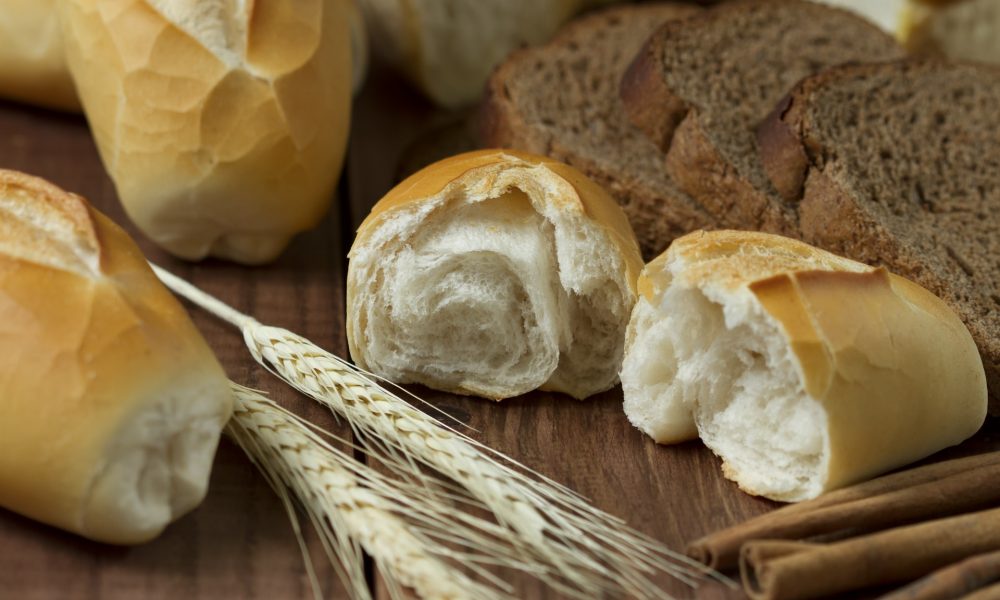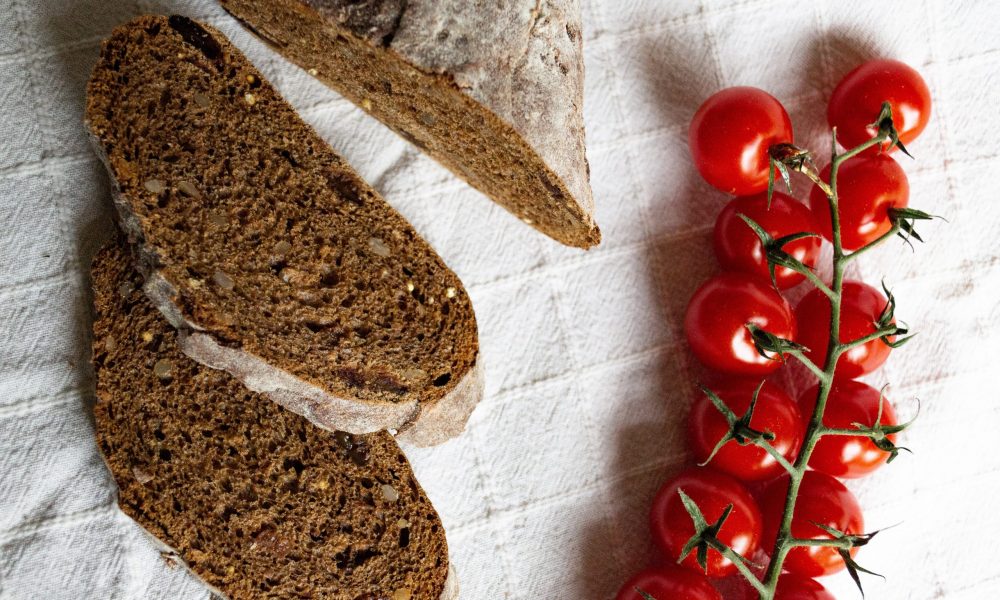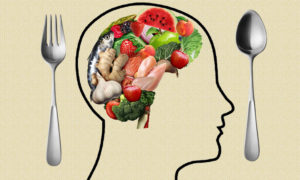
Carbs at Night: The Road to a Fat or Fit Physique?
Eating at night isn’t the reason you’re packing on the squishy pounds. In fact, carbs at night may be the little-known strategy towards your fittest physique.

If you ask the average person about bread, they’ll tell you it’s deathly bad for you. It’s the carb that gets blamed for making people unhealthy, fat, and ugly. The commonly proposed root cause is gluten thus resulting in the rise of gluten free diets.
You would think such a popular trend has some legitimacy to it, but oddly enough, it doesn’t. In fact, if you ask any passionate gluten free dieter what gluten is, they wouldn’t even have an answer. They’d look at you like a clueless bandwagon rider who acts morally superior for avoiding toast.
Anyways, let’s get to the bottom of this shall we?
Gluten is a group of proteins found in grain products, particularly wheat. It contributes to bread rising and provides an elastic structure (1). This is why gluten free bread usually fails to have that distinct bread texture we all know and love.
Beer also contains gluten, so people who drink it are clearly not gluten intolerant.
Some paleo friend of yours might’ve convinced you gluten is deeply evil, but this is only the case if you have celiac disease. Celiac disease is an autoimmune disease that genetically predisposes you to small intestine damage even from a minimal amount of gluten (2).
People with celiac disease will feel extremely sick if they eat a gluten free bagel toasted in a toaster that previously had a regular bagel. With little research for a cure, they’re essentially sentenced to eat a gluten free diet for life (2).
You undoubtedly know when you have celiac disease because it genuinely sucks.
Fortunately, research finds only about 0.7% of people have celiac disease (3). You’re probably not one of them. If you are, you’ll likely need to supplement for common nutrient deficiencies like iron, calcium and magnesium and vitamin B, D, E (27).
Despite these statistics, many people will still claim to have non-celiac gluten sensitivity. However, this is merely a self-diagnosis (4).
One survey even found only 0.5% of people with a self-proclaimed non-celiac gluten sensitivity actually ate a gluten free diet (5). (probably cause most of them don’t actually have a legitimate gluten sensitivity)
You see this in real life too. We all have that annoying friend who freaks out about a crouton, but is somehow fine when he/she binges on their favorite pastry.
When people claim they’re gluten sensitive, the explanation is usually the nocebo effect (6,7). In other words, very little physiological impact is consistently happening and side effects are highly perceived if any.
Recent research has shown us that the average human is a gullible sheep. It shows an increasingly large amount of people continue to falsely label themselves as gluten sensitive despite indications of physiological gluten sensitivity remaining the same for years (8).
This is not to say gluten sensitivity is not real. It still impacts about 7% of the population (25,26). However, arbitrarily switching to a gluten free diet often makes your diet quality worse and increases inflammatory potential (28).

However, if you don’t have celiac disease or a gluten sensitivity, grains/gluten are not bad for you (14). Research has consistently debunked all the common rumors against them like how they cause inflammation or make you fat.
Let me rundown the science for you.
As you can see, gluten is not something you need to fear. In fact, research shows if you don’t have a specific diagnosis, avoiding gluten can be dangerous as you you’ll miss out on many nutrients along with fiber (19,20).
Besides all the health benefits already mentioned, whole grains and gluten are deeply fat loss friendly.
Whole wheat and whole grain bread have been shown to be more filling than many other common health foods including some grains that don’t even contain gluten (21).
Higher fiber bread is also better for fat loss. One study had 2 obese groups eat 12 slices each of either white or high fiber bread in an equal caloric deficit (24). Despite eating an entire loaf per day, both groups lost weight, but the high fiber bread group lost 2.5kg more in 8 weeks.
Another study looked at 2 different dieting groups, one with bread and one without bread (22). The group who got to include bread in their diet lost the same amount of weight, got more consistent results, and had 3 times fewer dropouts. In other words, bread increases the adherence to your diet.
This last study looking at romance is pretty neat (23). It basically concludes if you identify as following a gluten free diet on a first date, you’d be perceived as more picky, demanding, judgmental, high-maintenance, and a complainer. Males were also seen as less masculine.
Long story short, eating gluten free will hurt your chances at romance cause science, duh.
Ok, here’s the part where I condense a long message into short adorable bullet points.
Mickelsen, O, et al. “Effects of a High Fiber Bread Diet on Weight Loss in College-Age Males.” OUP Academic, Oxford University Press, 1 Aug. 1979, academic.oup.com/ajcn/article-abstract/32/8/1703/4692345?redirectedFrom=fulltext.
Barbaro, Maria Raffaella, et al. “Recent Advances in Understanding Non-Celiac Gluten Sensitivity.” F1000Research, F1000 Research Limited, 11 Oct. 2018, www.ncbi.nlm.nih.gov/pmc/articles/PMC6182669/.
Igbinedion, Samuel O, et al. “Non-Celiac Gluten Sensitivity: All Wheat Attack Is Not Celiac.” World Journal of Gastroenterology, Baishideng Publishing Group Inc, 28 Oct. 2017, www.ncbi.nlm.nih.gov/pmc/articles/PMC5677194/.
Cardo, Aner, et al. “Nutritional Imbalances in Adult Celiac Patients Following a Gluten-Free Diet.” Nutrients, MDPI, 21 Aug. 2021, https://www.ncbi.nlm.nih.gov/pmc/articles/PMC8398893/.
Henriques. “Gluten-Free Diet Reduces Diet Quality and Increases Inflammatory Potential in Non-Celiac Healthy Women.” Journal of the American College of Nutrition, U.S. National Library of Medicine, https://pubmed.ncbi.nlm.nih.gov/34516338/.
Sign up for AwesomeFitnessScience Weekly. You’ll get juicy insider secrets, updates, and stories.

Eating at night isn’t the reason you’re packing on the squishy pounds. In fact, carbs at night may be the little-known strategy towards your fittest physique.

“I’m just so hungry all the time no matter how much I eat” People who say this simply suck at selecting satiating foods.

At first glance, these studies make it look like protein is impossible to be fattening even in a caloric surplus.